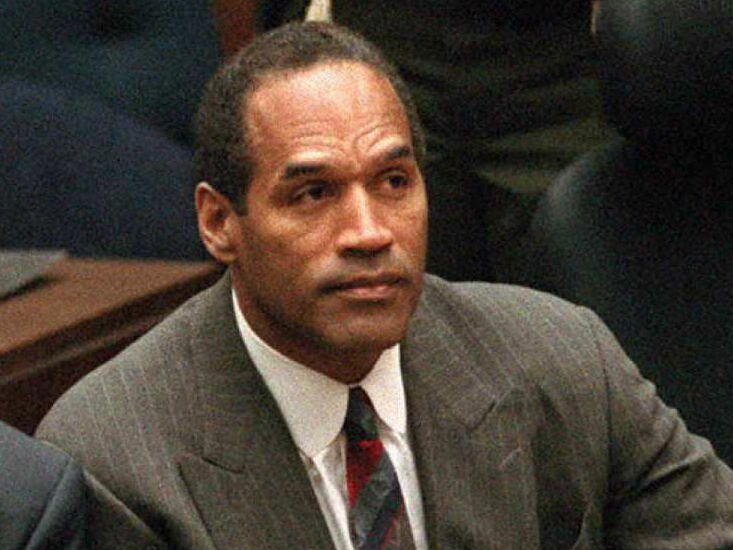Section Branding
Header Content
O.J. Simpson's trial divided the nation. What legacy does he leave behind?
Primary Content
You're reading the Consider This newsletter, which unpacks one major news story each day. Subscribe here to get it delivered to your inbox, and listen to more from the Consider This podcast.
1. For much of his career, O.J. Simpson symbolized a post-racial America.
Orenthal James Simpson, known as O.J., died on Wednesday aged 76 after battling cancer.
Simpson was a football icon, an NFL hall of famer and a trailblazer. He starred in commercials, like this 1978 Hertz ad. The Hertz campaign, which ran for years, was one of the first times an American audience saw a Black spokesperson for a major national company. Simpson later went on to become a movie star.
Since his early days in the NFL, when asked about his feelings on issues like the civil rights movement, he'd say: "I'm not Black. I'm O.J.!"
Dave Zirin, the sports editor at The Nation, told NPR that Simpson linked this post-racial idea to economic success: "It was linked in his mind to actually being unshackled by racism. And it was linked in his mind to being a celebrity first and any sort of spokesperson for a cause second."
2. Simpson became a symbol of America's complicated relationship to race, celebrity and justice.
In 1994, he was accused of killing his ex-wife, Nicole Brown Simpson, and her friend Ronald Goldman. The case and ensuing trial captivated the country.
It came just two years after the acquittal of four Los Angeles Police officers. The officers had been charged with excessive force in the beating and arrest of Rodney King, a Black man. That acquittal led to six days of riots throughout Los Angeles.
Zirin says the Simpson trial was a giant Rorschach test, in that what you thought about the trial spoke to what you believed about racism, police corruption, gender, domestic abuse and a two-tiered justice system that favors the wealthy and famous.
"People had strong opinions and opposing opinions about all of these topics. So O.J., who always saw himself as this kind of figure of unity in the United States, all of a sudden became this figure of profound polarization, where what you said about O.J. and the case actually indicated what you believed about a whole host of other incendiary topics."
3. Three decades later what's the legacy of the OJ Simpson trial?
Simpson's acquittal divided the country.
Zirin says the verdict became like an early form of a social media algorithm, with people turning on each other instantaneously based upon what they felt the case said about the United States.
"It was strongly divided among racial lines, because in the Black community, when they looked at the trial, what they saw first and foremost was Los Angeles with its own history of police corruption ... they saw police officers who engaged in actions or past commentaries that were racist," he said.
"And it made people say, well, wait a minute, maybe this isn't just about O.J. maybe this is about a broader corruption among police and a broader racism in U.S. society. While a whole other side was saying, well, wait a minute, what about Nicole Brown Simpson? What about Ronald Goldman? Where is the justice for them?"
To Zirin, the legacy of this trial is division and recognition.
"If we didn't have [recognition] before, we certainly had it after the trial — that different people see this country in profoundly different ways. And speaking about a United States of America can be a pipe dream at times."
For sponsor-free episodes of Consider This, sign up for Consider This+ via Apple Podcasts or at plus.npr.org. Email us at considerthis@npr.org.

